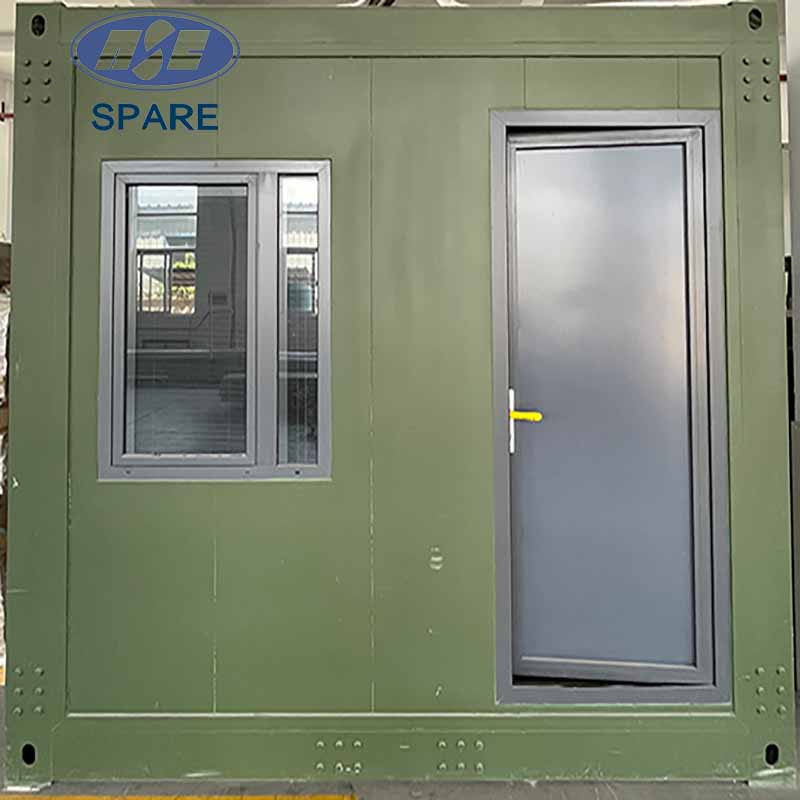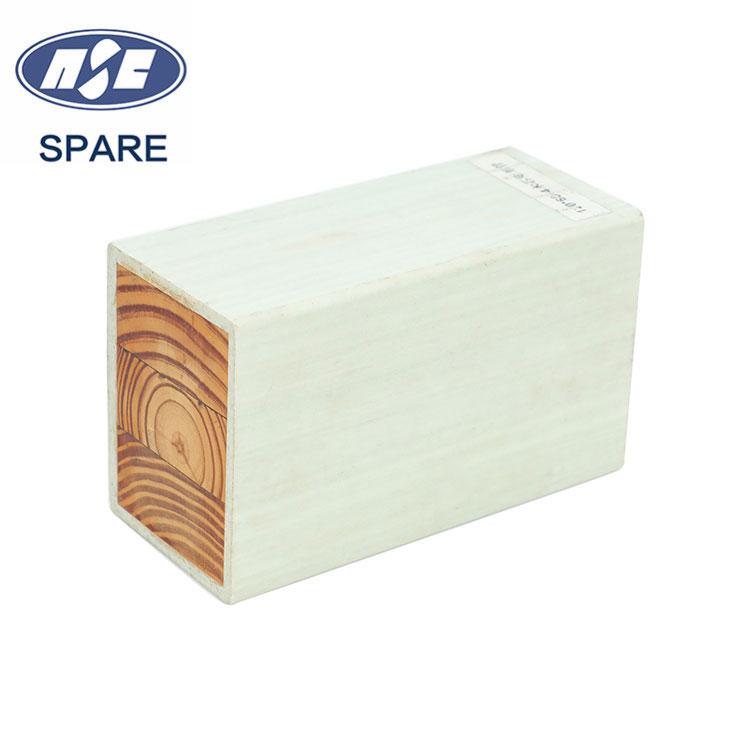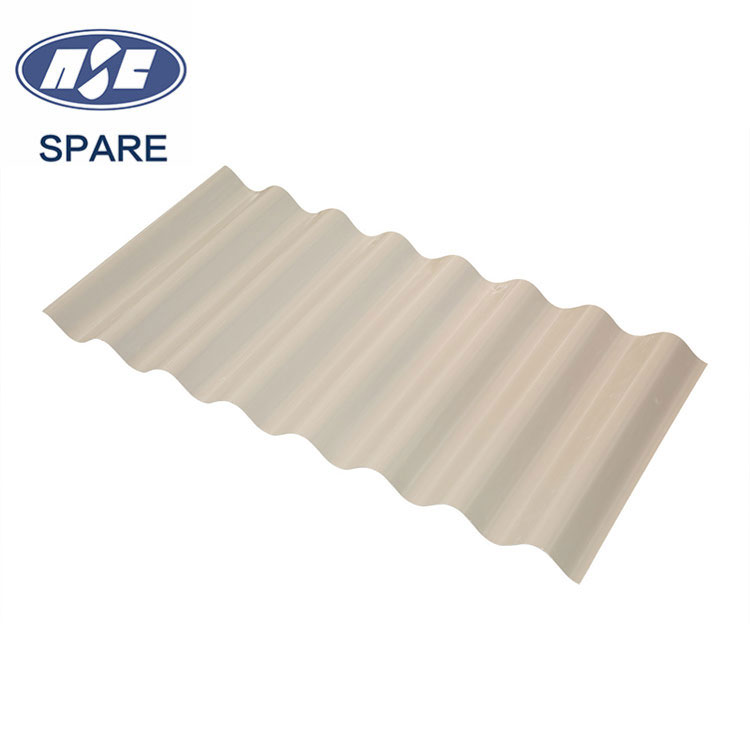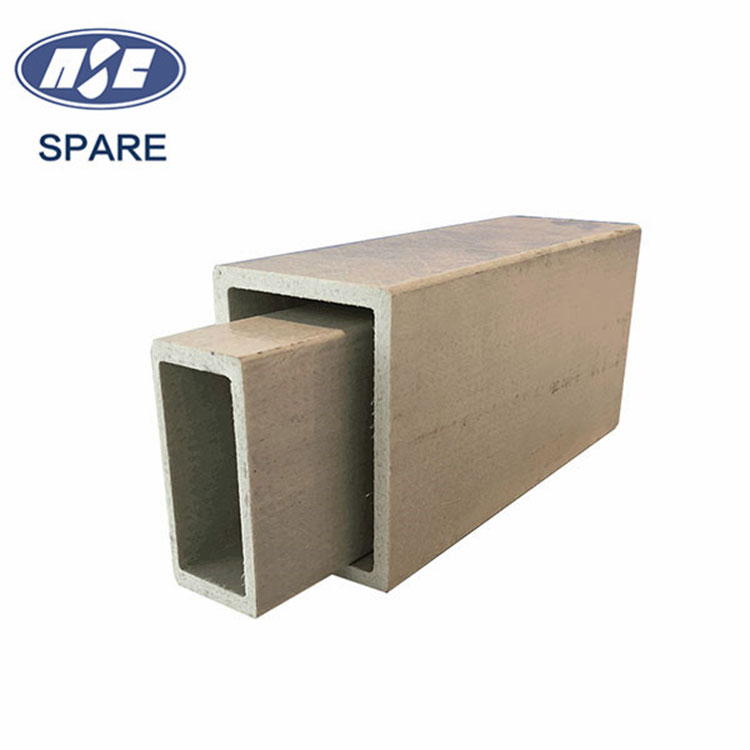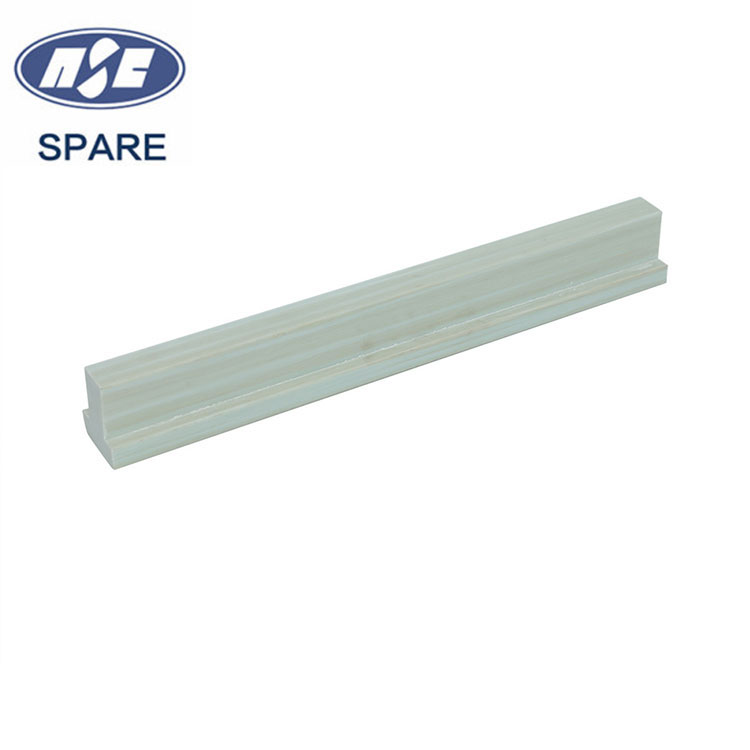- Custom Pultrusion Shapes
- FRP Standard Profile
- Vehicle Composite Profiles
- FRP Bridge Components
- FRP Ladder Rail Profiles
- FRP Tool Handles
- FRP Epoxy Pultruded Profiles
- Fiber-Reinforced Connectors
- FRP Covers
- Composite Cooling Tower
- FRP Decking Solutions
- FRP Grating
- Fiberglass Handrail and Fencing
- Fiberglass Windows and Doors Profiles
- Structural Reinforcements and Profiles
- Composite Frames for Solar Panels
- FRP Cable Tray
FRP Optical Cable Core Fiberglass Rod
The FRP Optical Cable Core Fiberglass Rod is a high-strength, lightweight composite material specifically designed for use within optical cable structures. It delivers excellent tensile strength, corrosion resistance, and durability, making it suitable for challenging environments and ensuring the longevity and stability of optical cables.
Send Inquiry
The FRP Optical Cable Core Fiberglass Rod is crafted from high-grade glass fiber composite material, providing superior mechanical performance and long-lasting resilience. Designed to meet the demanding requirements of modern telecommunications, this material reinforces cable structures, reduces overall weight, and offers significant resistance to environmental stressors, such as moisture, UV exposure, and chemical corrosion.
Dimensions
0.5mm Fiber Rod

1mm Fiber Rod

Technical Specifications
Diameter Options: Available in 0.5mm and 1mm to accommodate different cable designs and requirements.
Tensile Strength: Engineered for high tensile strength to withstand significant mechanical stress, ideal for long-distance and high-stress installations.
Corrosion Resistance: Resistant to moisture and chemicals, making it ideal for harsh and high-humidity environments, including underwater applications.
Thermal Stability: Maintains structural integrity under a wide range of temperatures, allowing reliable performance in diverse climates.
Applications
Telecommunication Fiber Optic Cables: Provides increased tensile strength, enhancing stability over long-distance and high-stress routes.
Submarine Cables: Built to withstand marine environments with high resistance to pressure and corrosion.
Outdoor Fiber Optic Cables: Adaptable to extreme weather conditions, such as high UV exposure, temperature fluctuations, and humidity.
Infrastructure and Construction: Enhances compressive strength and reliability in optical cables used within building projects and large infrastructure.
The Optical Fiber Cable Glass Fiber Rod provides an advanced solution for reinforcing optical cables, meeting the reliability standards required in telecommunications, marine engineering, and other fields where performance and longevity are critical.
Understanding the FRP Pultrusion Process

We are manufactures, engineers, designers and fabricators.
Benefits of FRP

Framework stability

Superior corrosion resistance

lightweight

Easy to install

High Strength

customisable

Durability

Non-Conductive

Non-Magnetic

Thermal Stability

Low Maintenance Costs

Low Thermal Conductivity
Qualification Certificate



